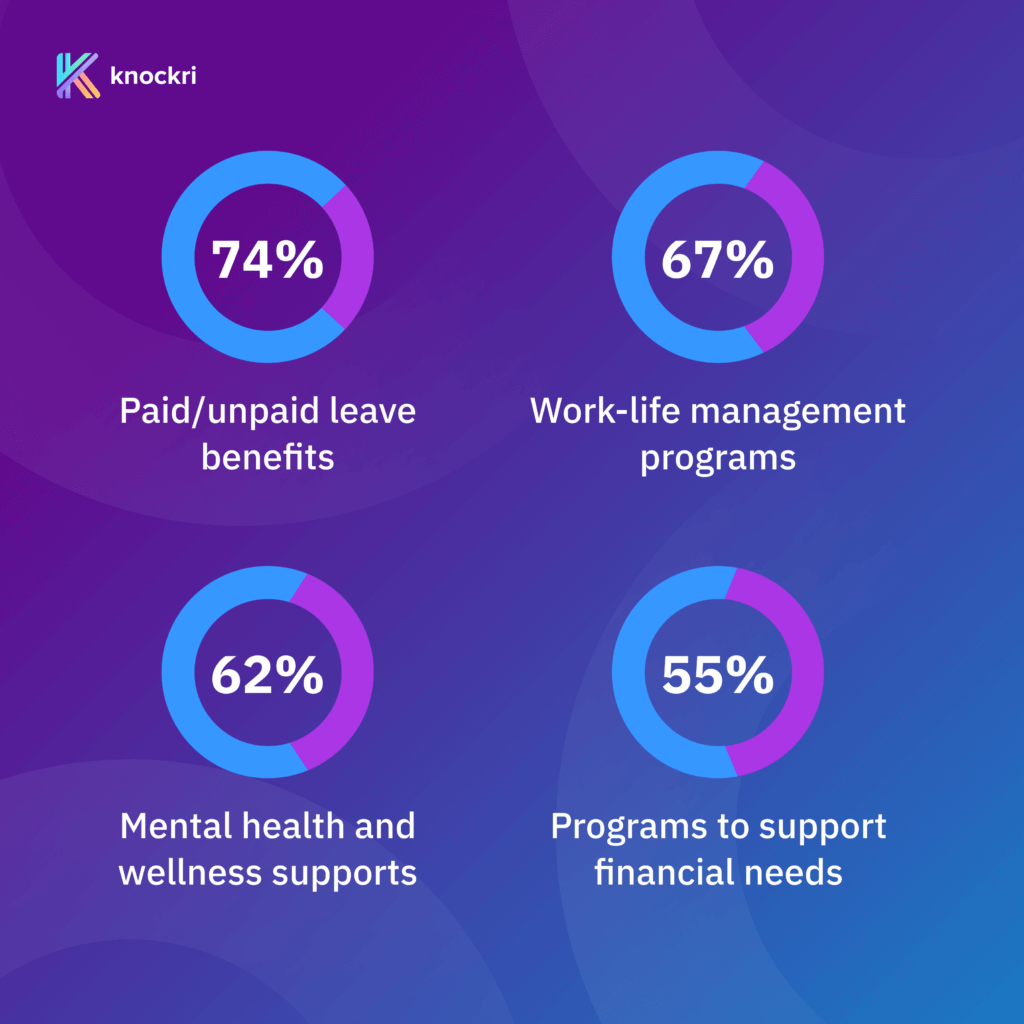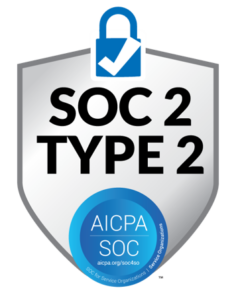The world of work is changing — the pandemic, the climate crisis, the Great Resignation, and generational turnover have contributed to massive shifts in how we do business. If you’re keeping tabs on workplace satisfaction, you might be surprised to know that the lowest satisfaction rates aren’t among soon-to-be-retiring Baby Boomers or bright-eyed-and-bushy-tailed potential employees in Generation Z. That honor belongs to the hybrid, in-between micro-generation of Zillennials.
What is a Zillennial?
Zillennials are smack in the middle of Millennials and Gen Z. They were born between 1993 and 1998, the last three years of the Millennial generation and the first three years of Generation Z, and take on characteristics of both generations.
They’re the only generation that remembers a time before the personal-tech boom of the early 2000s that also grew up alongside technologies like the iPod and the first smartphones. In other words, they remember what the dial-up connection tone sounded like but went to university with tablet in hand.
Zillennials have also increased their presence in the workforce by five million workers in the last five years. Their influence will only grow as they advance in their careers, so the time to take notice of their wants and needs is now.
Why Zillennials are unhappy
The pandemic rolled around right as Zillennials graduated from university — for those born closer to 1998 — or were settling into the first few years of their entry-level jobs — for those born closer to 1993. Now, they feel that employers are doing the bare minimum to adapt to remote or hybrid work.
Fifty-three percent of Zillennials say that working an unfulfilling job is their primary source of stress. One in four says they’ve considered leaving their position for a better benefits package elsewhere in the past year. Employee experience isn’t just a 9-to-5 box to check: Zillennials want a holistic experience that considers them people, not just workers.
What Zillennials want to see
This generation has the work ethic of Millennials and the social conscience of Gen Z. Traditional benefits and supports like life insurance and health plans are a must, but Zillennials are also looking for their employers to be socially responsible. That means having a clear stance on the environment and implementing diversity, equity, and inclusion (DEI) initiatives.
The cost of post-secondary education has hit younger generations hard, with 50% of Zillennials calling student debt assistance a must-have in their benefits package. Here are some other statistics about what this generation is looking for:

Essential benefits Zillennials want to see added to their employee experience.
Why Zillennial feedback is important
It’s easy to look at this laundry list of wants and disregard it as a younger generation unable to cope with the modern work world. Instead of discounting this point of view, see it as an opportunity. Zillennials might provide companies with ideal circumstances to change their company culture. They are Millennial enough to appreciate current practices but have enough Gen Z in them to make change happen.
Zillennials are demanding more from their companies, and as they move up in the workforce, those needs will become more prominent. It’s only a taste of what is to come as the climate crisis becomes more urgent and social issues like racial and gender parity come to the forefront, forcing companies to change or be left behind. Zillennials and Gen Z care about the world they’re emerging into and aren’t afraid to make their choices known through their spending habits and work preferences.
Attracting Zillennials to your company
Like Gen Z, Zillennials are highly connected by the internet and social media. Poor candidate and employee experiences won’t stay with a single person — negative reviews contribute heavily to a poor brand reputation and affect your future talent pool.
The best way to attract Zillennial job seekers and make them want to work at your company is by highlighting how you meet their needs. Showcase your company culture, benefits, and how you support social causes like the environment and DEI. Even if you don’t have these items currently in place, talk about your company’s stance on these issues and plans to address them.
Use recruitment software to add personality
If your company uses software for high-volume employee selection, you can tailor your candidate communications so it doesn’t feel like they’re dealing with a computer. Zillennials expect companies to recognize that they’re people who have lives outside of work. Knockri lets you add personality to your automated video assessments and create a candidate experience that reflects your company values.
Show you respect their time by enabling deadline extensions for automated assessments. Leverage video intros to showcase your company’s benefits and culture. Organically improve your diversity in hiring by using the Knockri assessment to prioritize your DEI goals. Plus, connect it all with your existing applicant tracking systems. Book a demo today to chat with our HR Solutions Consultant about how Knockri can make your hiring process Zillennial-friendly.



